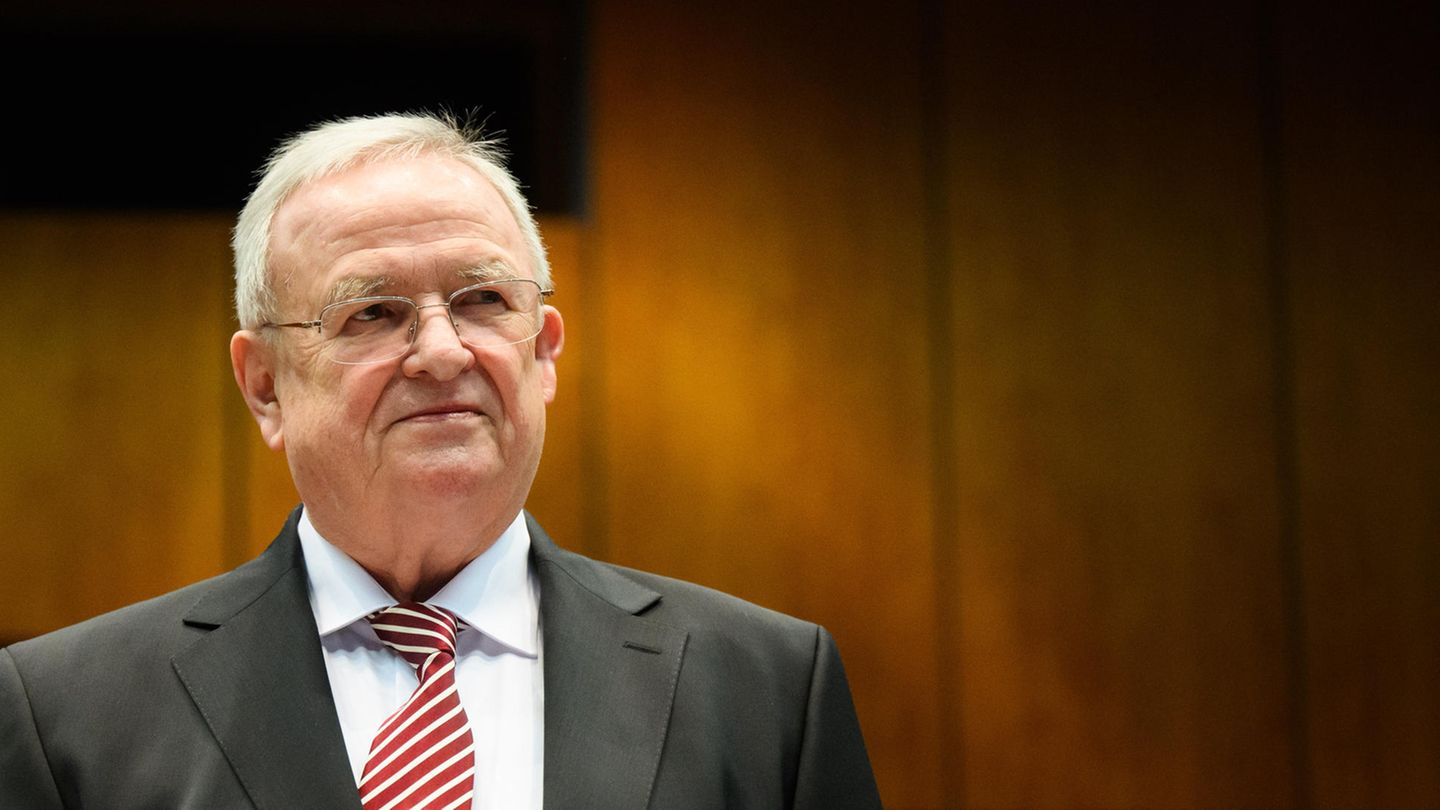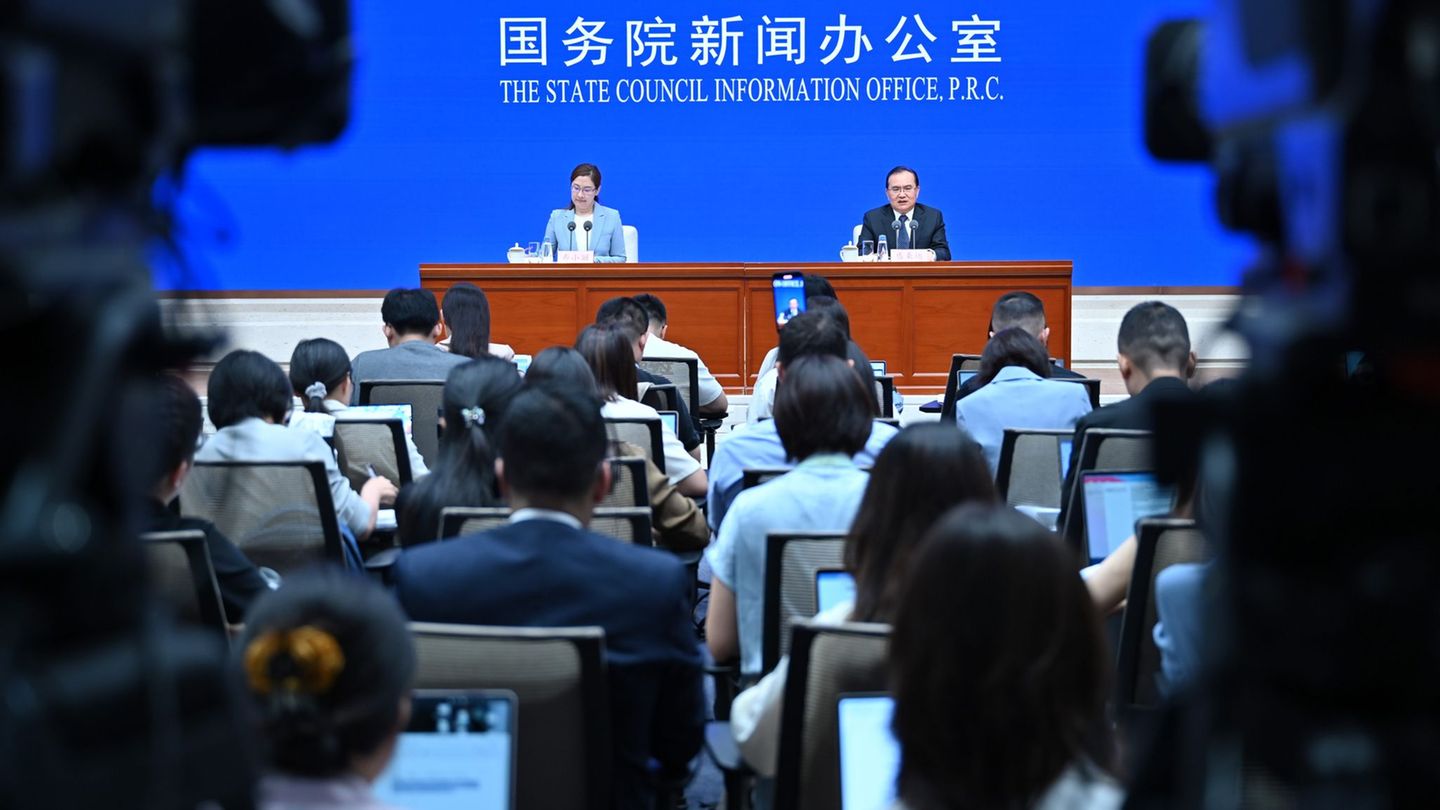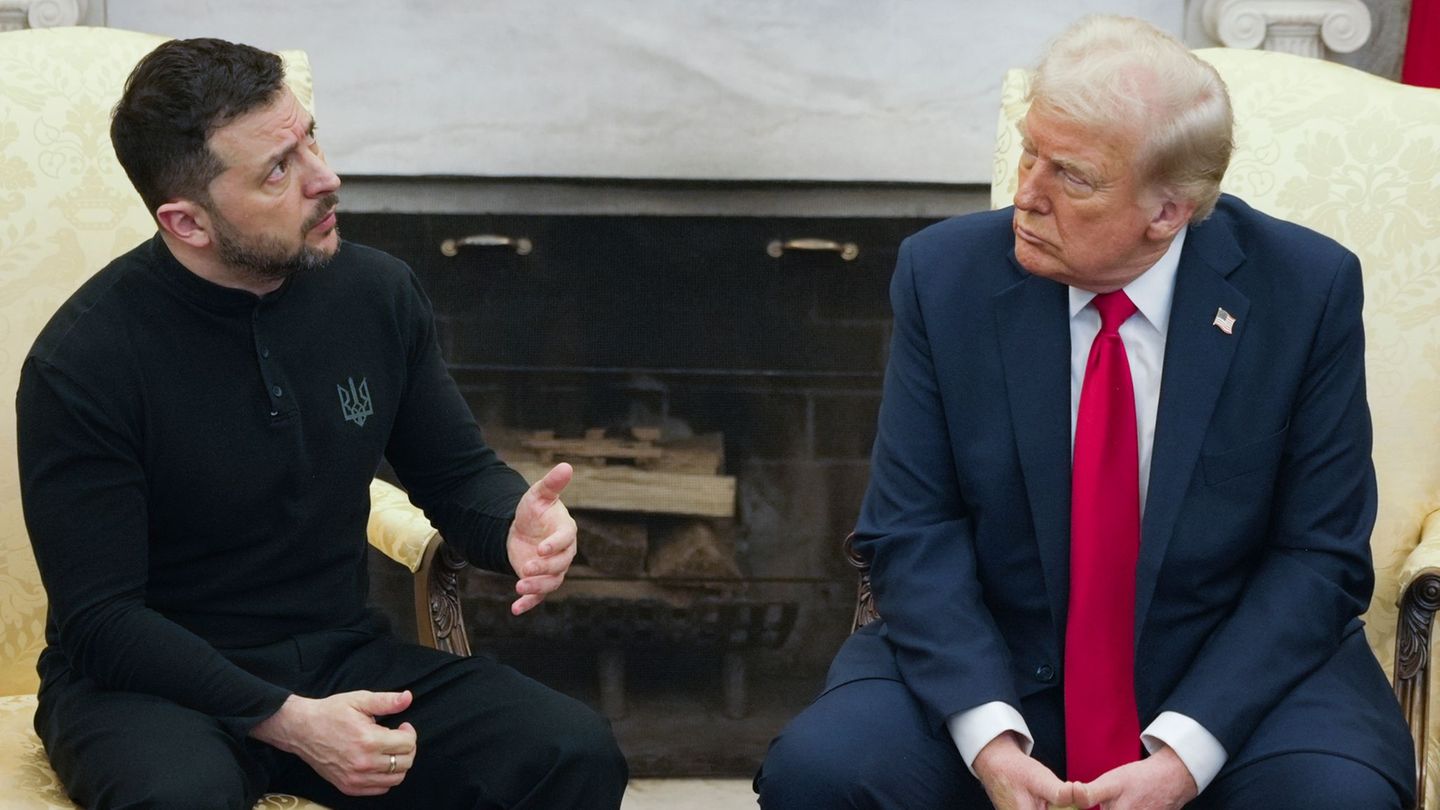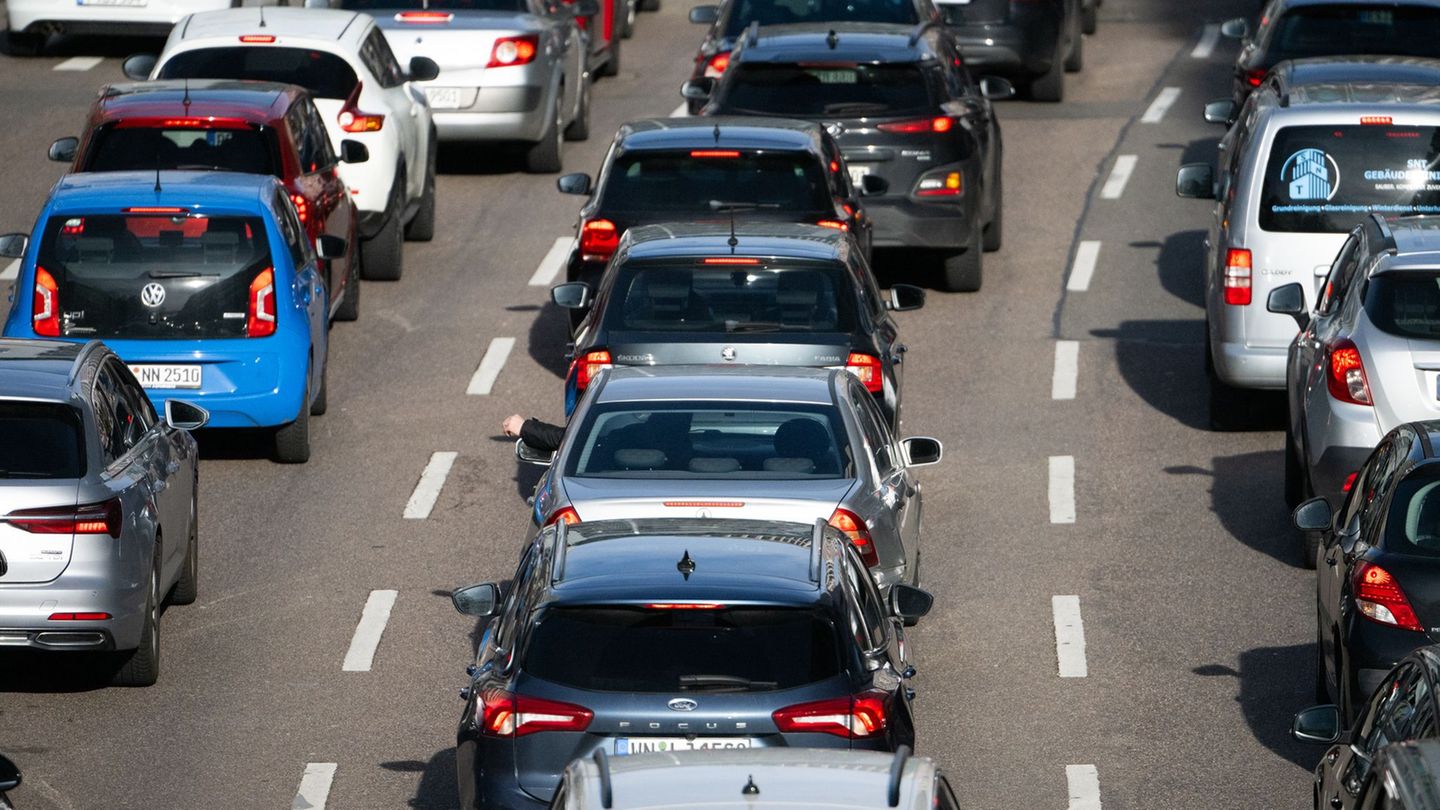Former CEO Winterkorn denies all charges on the second day of his trial – and claims he would have done something if only he had known about it
This is original content from the Capital brand. This article will be available for ten days on stern.de. After that, you will find it exclusively on capital.de. Capital, like the star to RTL Germany.
Almost exactly nine years after the manipulation of emissions values in VW diesel vehicles came to light, the long-time boss of Germany’s largest car manufacturer made a statement in his trial before the Braunschweig Regional Court:
“I would like to say in advance that this main hearing before a criminal court has affected me greatly,” said Martin Winterkorn on the second day of his trial in the diesel complex. He had dedicated almost his “entire professional life to the Volkswagen Group” and had “made it one of the most successful automobile companies in the world” until he left. Now he is on trial “on three charges at once,” he says – and denies all allegations.
He had already taken responsibility in 2021 with a payment to the VW Group. “But I think it is far-fetched to accuse me of criminal offenses, as the Braunschweig public prosecutor’s office is trying to do with its charges,” says the former VW boss. Winterkorn is accused of alleged commercial fraud, perjury and market manipulation. All of these are related to the manipulation of emissions values of VW vehicles in Europe and the USA in 2006 and 2007 to 2015.
Winterkorn had “not understood” where the technical problems lay
On the second day of the trial against Winterkorn, the crowds have died down, but the stands in the largest hall of the Braunschweig Regional Court are still well filled. Winterkorn is wearing a black suit and a wine-red tie. He greets a court official in a friendly manner, nods to the public prosecutor, and takes papers out of his folder. The previous day, the three charges against Winterkorn were read out for hours.
Winterkorn reads his statement slowly but emphatically. He first describes his career, his functions and the associated tasks, including as CEO of VW from 2007 to 2015. He had to fulfil mainly strategic tasks. However, it is “not the job of a CEO to personally deal with individual challenges in technical development,” he explains. “A CEO should also not worry about a technical problem that occurs in some vehicles, some of which were sold years ago in a geographically definable market,” says Winterkorn.
He then goes on to discuss the complex structures of the VW Group, which aim to keep everyday issues away from the board of directors. However, there is an “obligation to provide comprehensive and truthful reports to superiors, especially to the board of directors”. Only then is the board in a position to “make correct and appropriate decisions”. Winterkorn tries to explain why the information about manipulated emissions values could not have reached him as early as the public prosecutor’s office accuses him of.
When it comes to the specific allegations later, the graduate engineer even explains: “I didn’t understand what the technical problems were at the time.” After all, he is “not an engine developer, I’m not a specialist in exhaust gas purification and I’m not a software expert who has dealt with the control of engines and exhaust gas purification systems.” This would have required explanations from the technicians regarding the functionality of this software, which he didn’t have at the time.
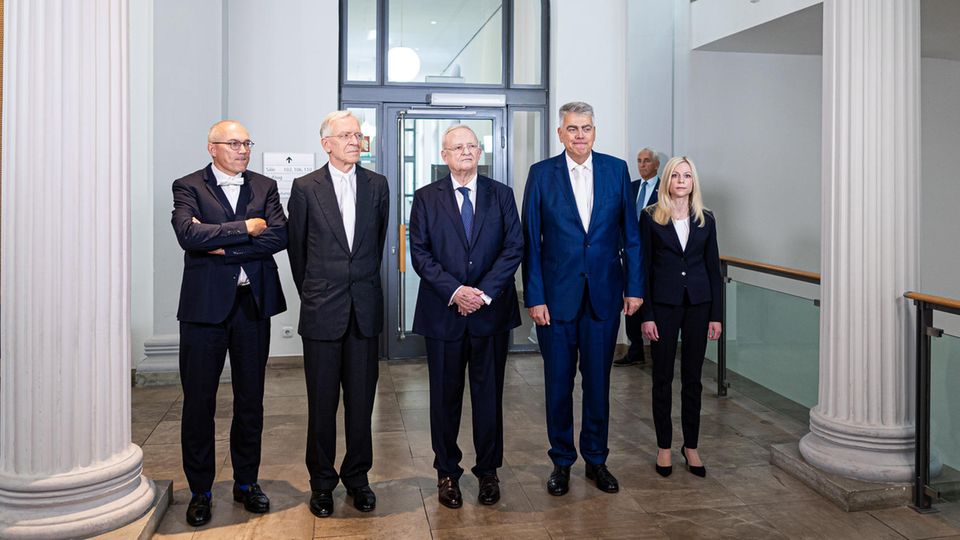
Have not left Germany since 2020
Winterkorn presents all of this quite soberly, takes a sip of water every now and then, has to clear his throat, but overall reads with a firm voice. Nevertheless, he appears to be concerned, for example when it comes to his charges in the USA. In 2020, the authorities there issued an arrest warrant against him. “That hit me hard because so far I see no chance of successfully defending myself from Germany against the allegations made there,” says Winterkorn. He could only have done that in a US court. “I haven’t left Germany since then.”
Even when it comes to the accusations of shareholders who feel they have been deceived by him, he relies on his concern: “The accusation by the public prosecutor that I failed to take the necessary actions in my role as CEO, deceived and harmed customers and shareholders and thereby made myself liable to prosecution, affects me very seriously – at the end of my professional career,” says Winterkorn. That is not the attitude he took as head of Audi and VW. If he had known about the events in time, “I would not have hesitated to tackle the events myself directly and clarify them.”
Winterkorn also rejects the accusations of market manipulation and false testimony. Winterkorn is outraged at the way he was treated before the Bundestag’s investigative committee. “I was questioned for almost two hours,” says Winterkorn. “They tried several times to question me on points about which I had stated from the beginning that I wanted to remain silent.” He could have refused to give evidence, but did not do so because he felt it was not appropriate.
Winterkorn’s public defender Caroline Hey and his lawyer Kersten von Schenck take over from their client to speak. Winterkorn takes over the last part himself. He then looks up at the judge’s bench and ends his statement after an hour and 15 minutes. He will comment on further individual questions “in due course”.
Negotiation talks unsuccessful
Before Winterkorn’s statements, his defense attorneys also issued a statement in which they described the indictment as “highly confusing and dramatic at the same time” and criticized the fact that the prosecution had presented almost no evidence for its allegations. The judge explained at the beginning that there had been further discussions about a possible deal after the first day of the trial, but that this did not materialize.
The trial is scheduled to continue on September 12. Bernd Gottweis, former head of the Product Safety Committee (APS) at VW, is scheduled to be questioned. A total of 89 days of trial are scheduled. If convicted, Winterkorn faces a prison sentence of up to ten years in the worst case scenario.
Source: Stern

